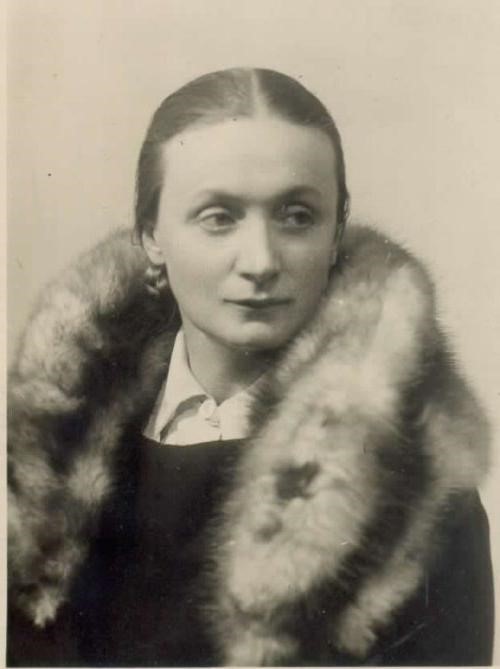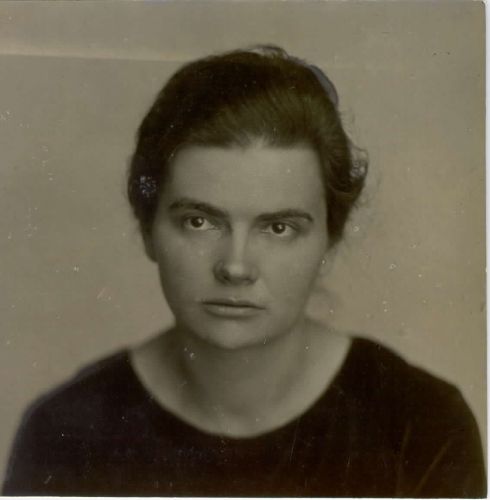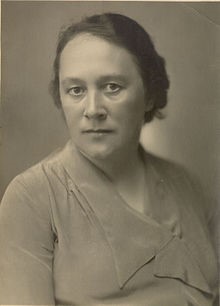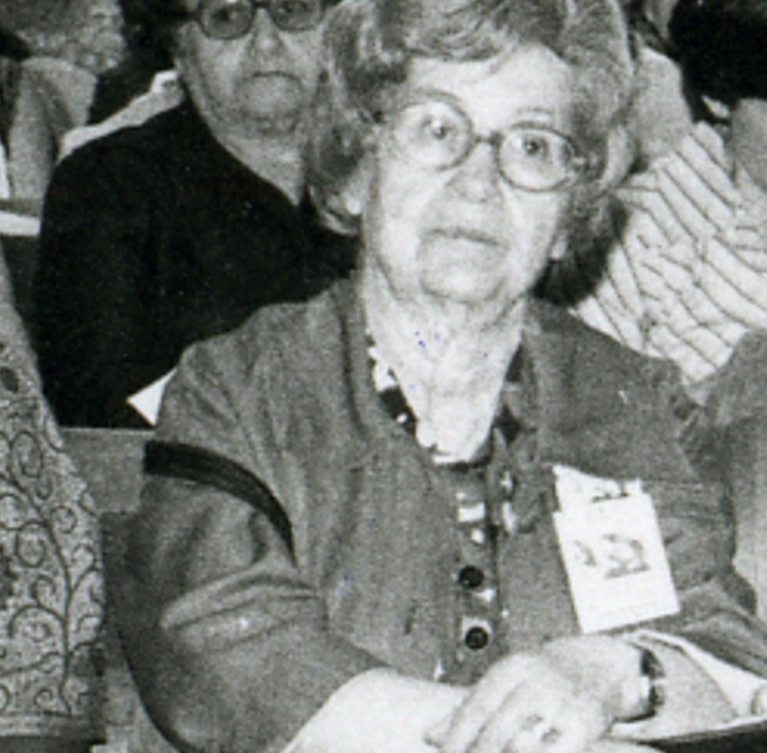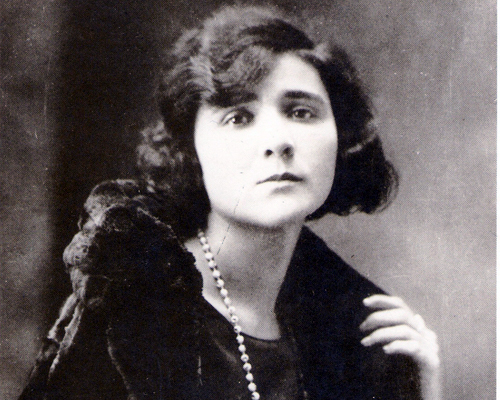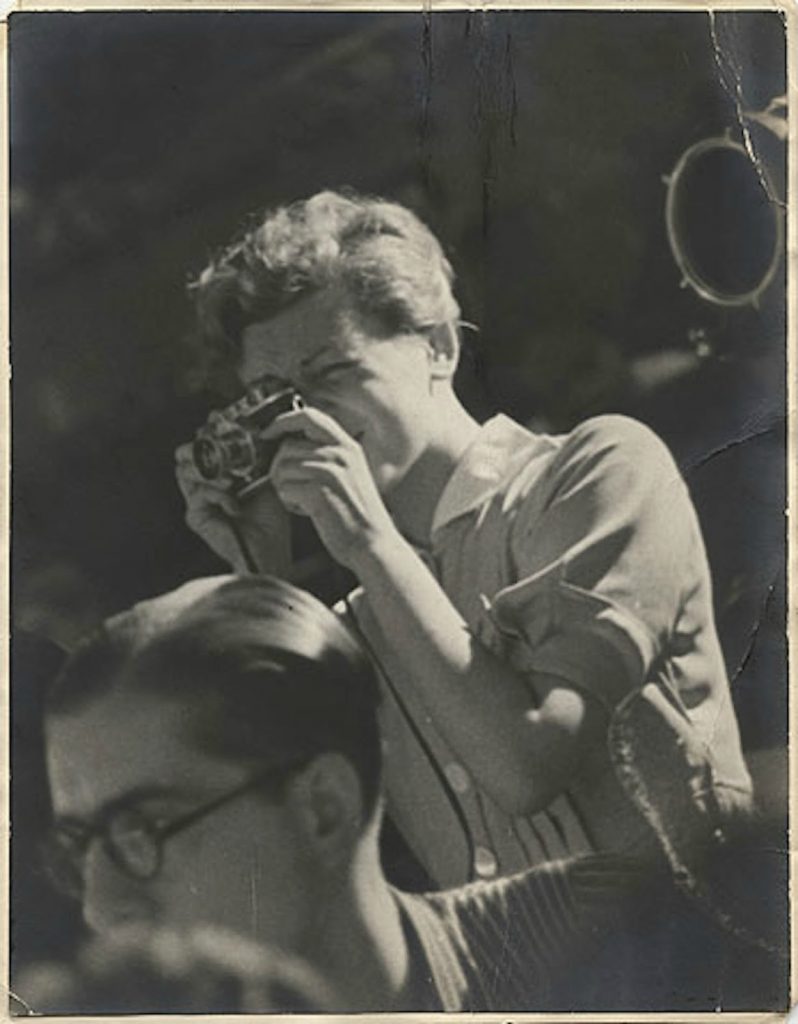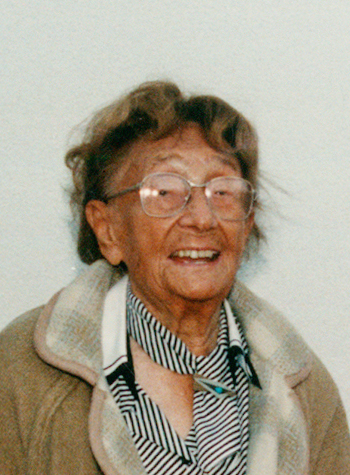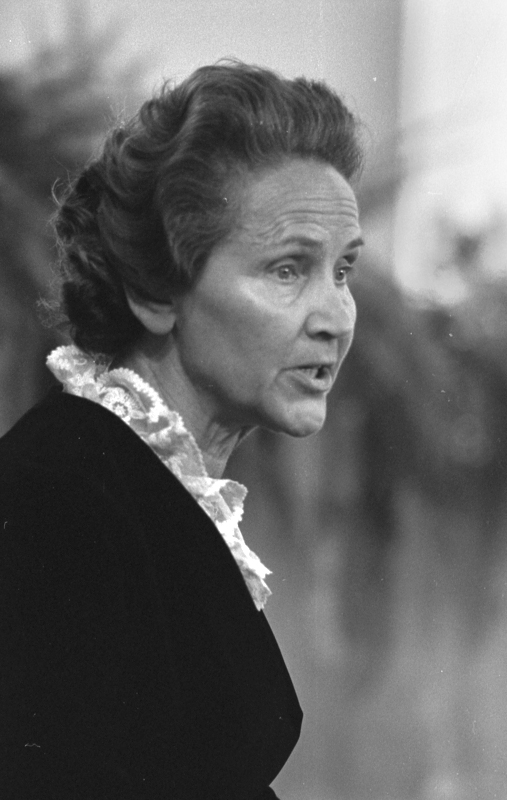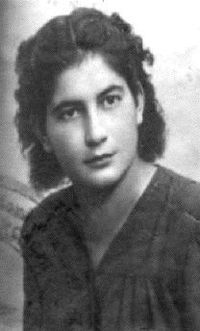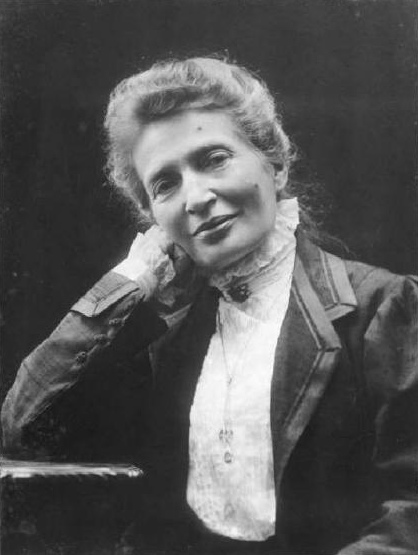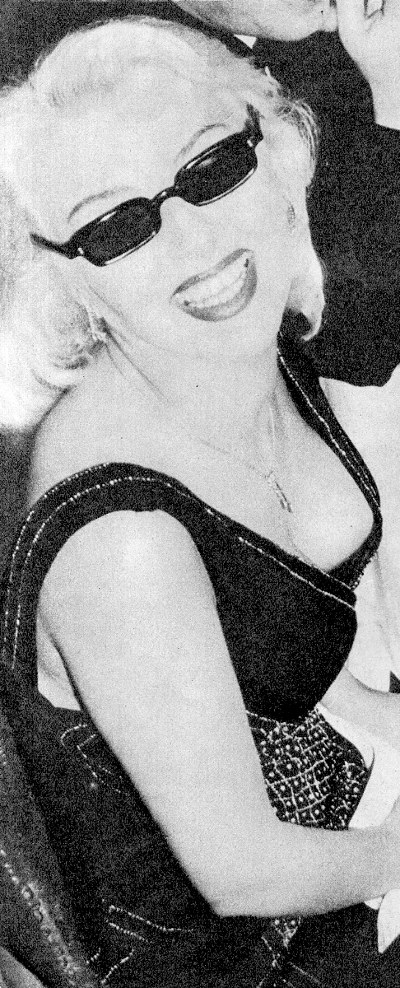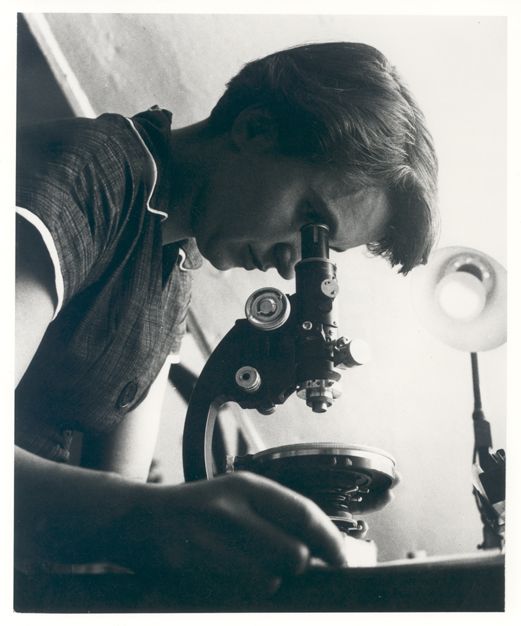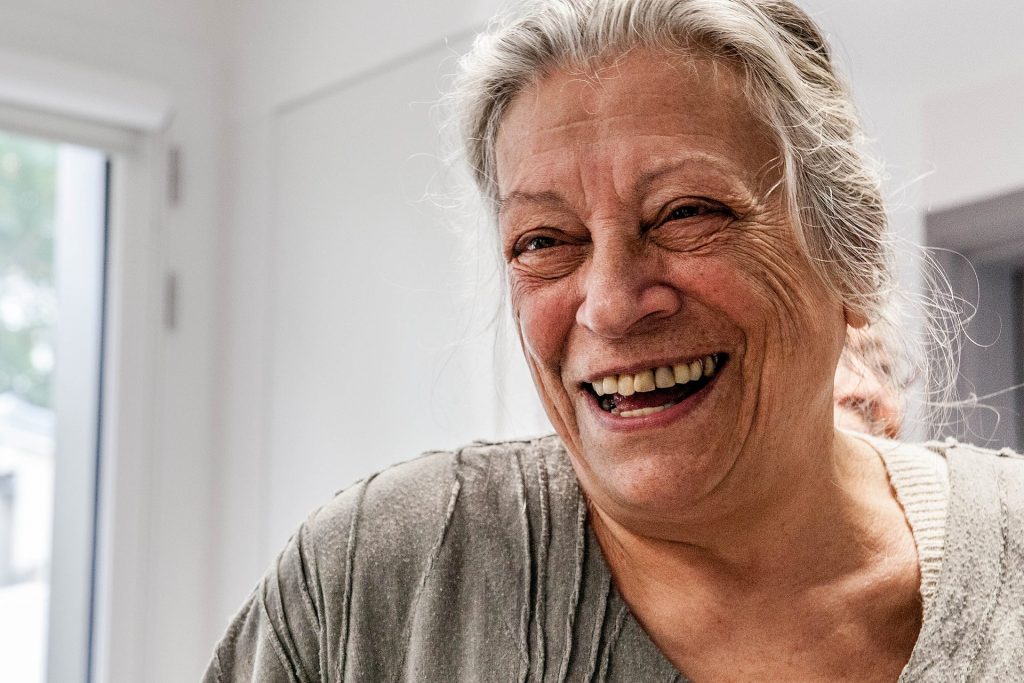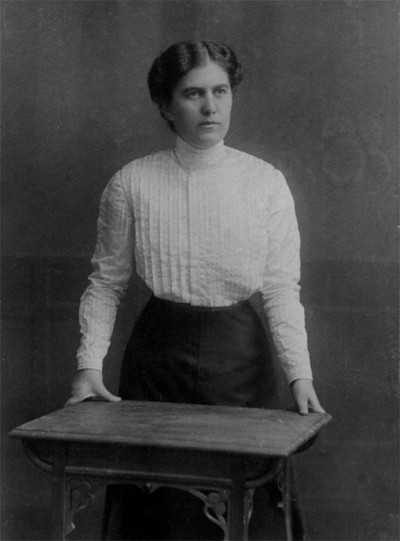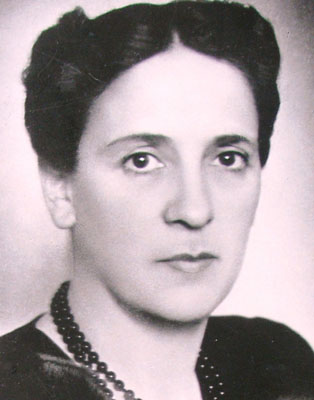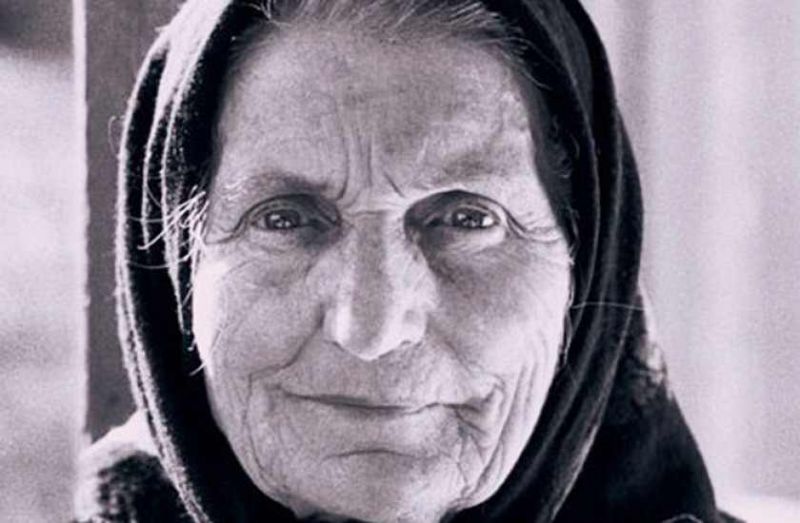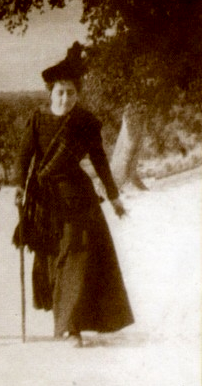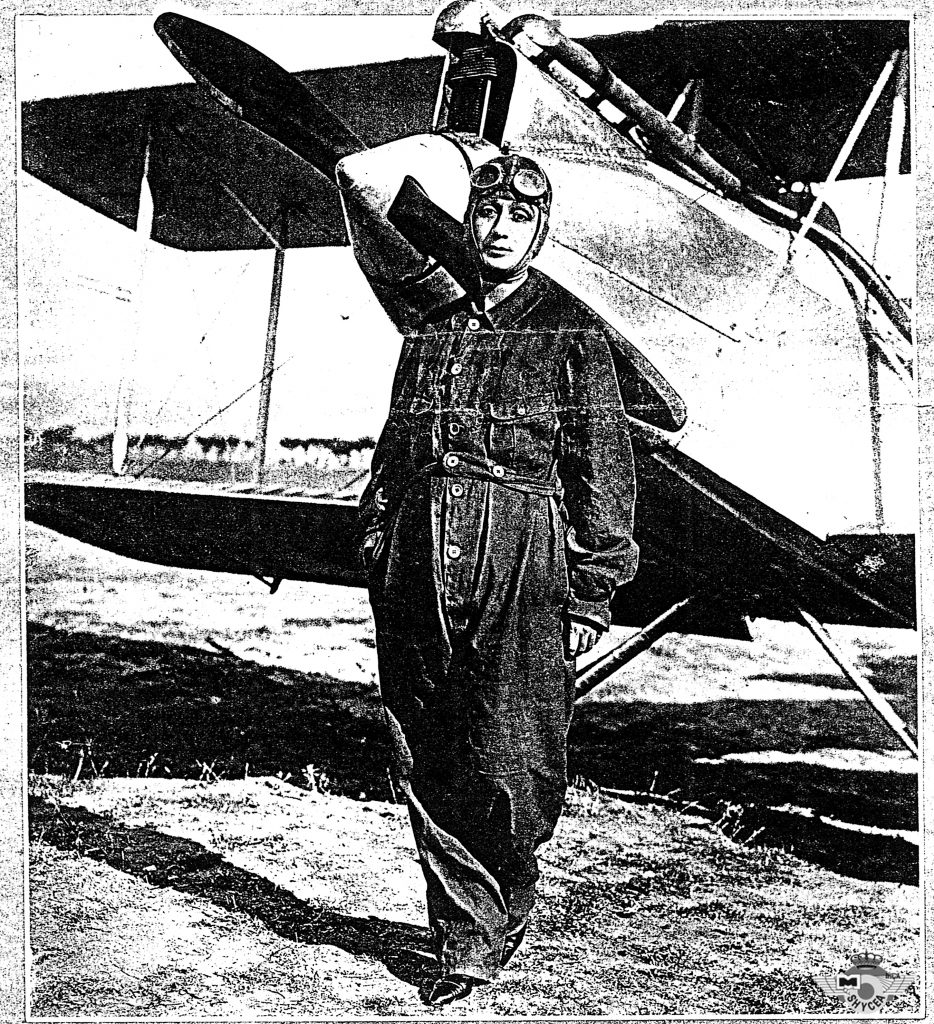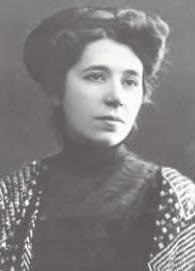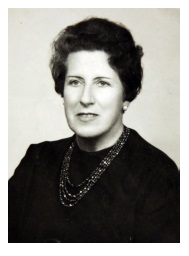
At the age of 20 she married Carlos Aboim Inglez, whose father had been a minister in the First Republic. Both democrats, their house became a meeting point for political figures. When her husband fell ill with cancer, she decided, with 5 children, to take a degree in Literature. She became a widow at almost 40 years old and had to work hard, because she was persecuted for not being catholic and being anti-fascist. She started her political activity with the Democratic Unity Movement being the first woman to belong to the central commission (1946-1948) and later on, in 1949 in the National Democratic Movement, having an active participation in the presidential elections. Salazar used two forms of repression against her: not only imprisonment, she was arrested 3 times between 1946-1948, preventing her by all means from earning a living. In 1948, she was forbidden to run the women’s college that she had set up with her husband and where she was a teacher, which promoted a secular, progressive and social education, where students from different social strata crossed paths in the same classes. On February 11, 1949, the school was definitively closed, in retaliation for the outstanding role she had been assuming in the opposition to the regime. In the same year she was forbidden from teaching by the government at the Faculty of Letters and at the Rockefeller Nursing School. At the time, she accepted an invitation to go and teach in Brazil, sold all her possessions, but she was not allowed to go and her passport was taken away. She rented an apartment where she created a sewing workshop to work and give private lessons in order to survive. Her children were also persecuted, because they were her children which even lead one of them and his wife to prison. Her presence on prison visits marked a generation of prisoners’ relatives, with her example of moral firmness, civic courage and dignity in dealing with the prison system. The last great blow of fascism was the withdrawal of her political rights.

